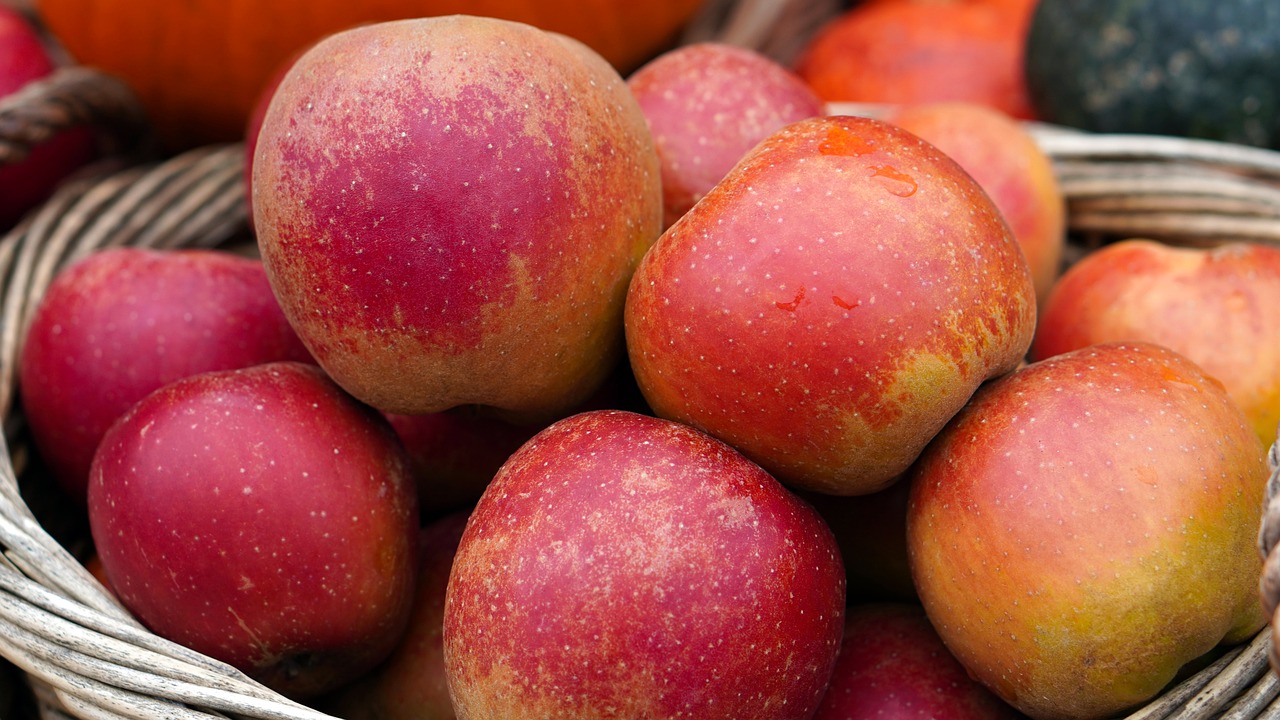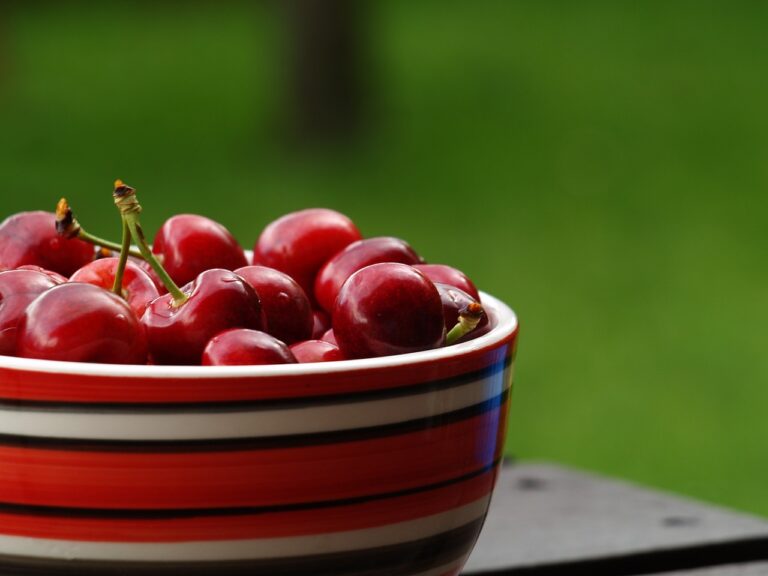Understanding the Connection Between Diet and Gut Flora Balance: 99exch.com login, Laser247 com, Yolo 24/7 login
99exch.com login, laser247 com, yolo 24/7 login: The connection between diet and gut flora balance is a fascinating and complex topic that has gained increasing attention in recent years. Our gut is home to trillions of microorganisms, including bacteria, viruses, fungi, and other microbes, collectively known as the gut microbiota. These microbes play a crucial role in our overall health and well-being, influencing everything from digestion to immune function to mental health.
What we eat has a significant impact on the composition and diversity of our gut microbiota. A diet rich in fiber from fruits, vegetables, whole grains, and legumes can help promote the growth of beneficial bacteria in the gut, while a diet high in processed foods, sugar, and unhealthy fats can disrupt the balance of the microbiota and promote the growth of harmful bacteria.
In this article, we will explore the connection between diet and gut flora balance, including how different dietary choices can influence the composition of the gut microbiota and impact our health. We will also discuss tips for maintaining a healthy gut microbiota through diet and lifestyle choices.
The Role of the Gut Microbiota
The gut microbiota plays a crucial role in maintaining our overall health and well-being. These microbes help digest food, produce essential nutrients, regulate the immune system, and protect against harmful pathogens. The composition of the gut microbiota can vary greatly from person to person, influenced by factors such as genetics, age, environment, and diet.
A healthy gut microbiota is diverse, with a good balance of different types of bacteria. When this balance is disrupted, it can lead to dysbiosis, a condition associated with various health issues, including digestive disorders, obesity, autoimmune diseases, and mental health conditions.
The Connection Between Diet and Gut Flora Balance
Diet is one of the most significant factors influencing the composition of the gut microbiota. Different types of foods can either promote the growth of beneficial bacteria or harmful bacteria in the gut. For example, a diet high in fiber-rich foods like fruits, vegetables, whole grains, and legumes can help feed beneficial bacteria and promote a healthy gut microbiota.
On the other hand, a diet high in sugar, processed foods, and unhealthy fats can promote the growth of harmful bacteria and disrupt the balance of the gut microbiota. Studies have shown that a Western-style diet, characterized by high levels of red meat, sugar, and fat, can lead to a less diverse and less healthy gut microbiota.
Tips for Maintaining a Healthy Gut Microbiota
1. Eat a diverse range of foods: Variety is key when it comes to promoting a healthy gut microbiota. Aim to include a wide range of plant-based foods in your diet, such as fruits, vegetables, whole grains, nuts, seeds, and legumes.
2. Include plenty of fiber: Fiber is essential for feeding beneficial bacteria in the gut. Make sure to include plenty of fiber-rich foods in your diet, such as fruits, vegetables, whole grains, and legumes.
3. Limit processed foods and sugar: Processed foods and sugary beverages can disrupt the balance of the gut microbiota. Try to limit your intake of these foods and opt for whole, unprocessed foods whenever possible.
4. Include fermented foods: Fermented foods like yogurt, kefir, sauerkraut, kimchi, and tempeh contain beneficial probiotic bacteria that can help support a healthy gut microbiota.
5. Stay hydrated: Drinking plenty of water is essential for maintaining a healthy gut microbiota. Aim to drink at least 8-10 cups of water per day to support digestion and overall health.
6. Manage stress: Chronic stress can impact the gut microbiota and contribute to dysbiosis. Practice stress-reducing techniques such as mindfulness, meditation, yoga, or deep breathing exercises to support a healthy gut microbiota.
In conclusion, the connection between diet and gut flora balance is a complex and dynamic relationship that plays a significant role in our overall health and well-being. By making mindful dietary choices and adopting healthy lifestyle habits, we can support a diverse and healthy gut microbiota, leading to better digestion, improved immune function, and overall wellness. Remember, you are what you eat so choose wisely for a happy gut and a healthy life.
FAQs
Q: Can probiotics help support a healthy gut microbiota?
A: Probiotics are beneficial bacteria that can help support a healthy gut microbiota when consumed as supplements or fermented foods. However, it’s essential to choose high-quality probiotic products and consult with a healthcare provider before adding them to your diet.
Q: How long does it take to see changes in the gut microbiota from dietary changes?
A: The gut microbiota is highly individual, and the timeline for seeing changes in response to dietary changes can vary from person to person. In general, it may take a few weeks to several months to notice significant changes in the gut microbiota from dietary modifications.
Q: Are all bacteria in the gut harmful?
A: No, not all bacteria in the gut are harmful. The gut microbiota is a complex ecosystem that includes both beneficial and harmful bacteria. Maintaining a diverse and balanced gut microbiota is essential for supporting overall health and well-being.







